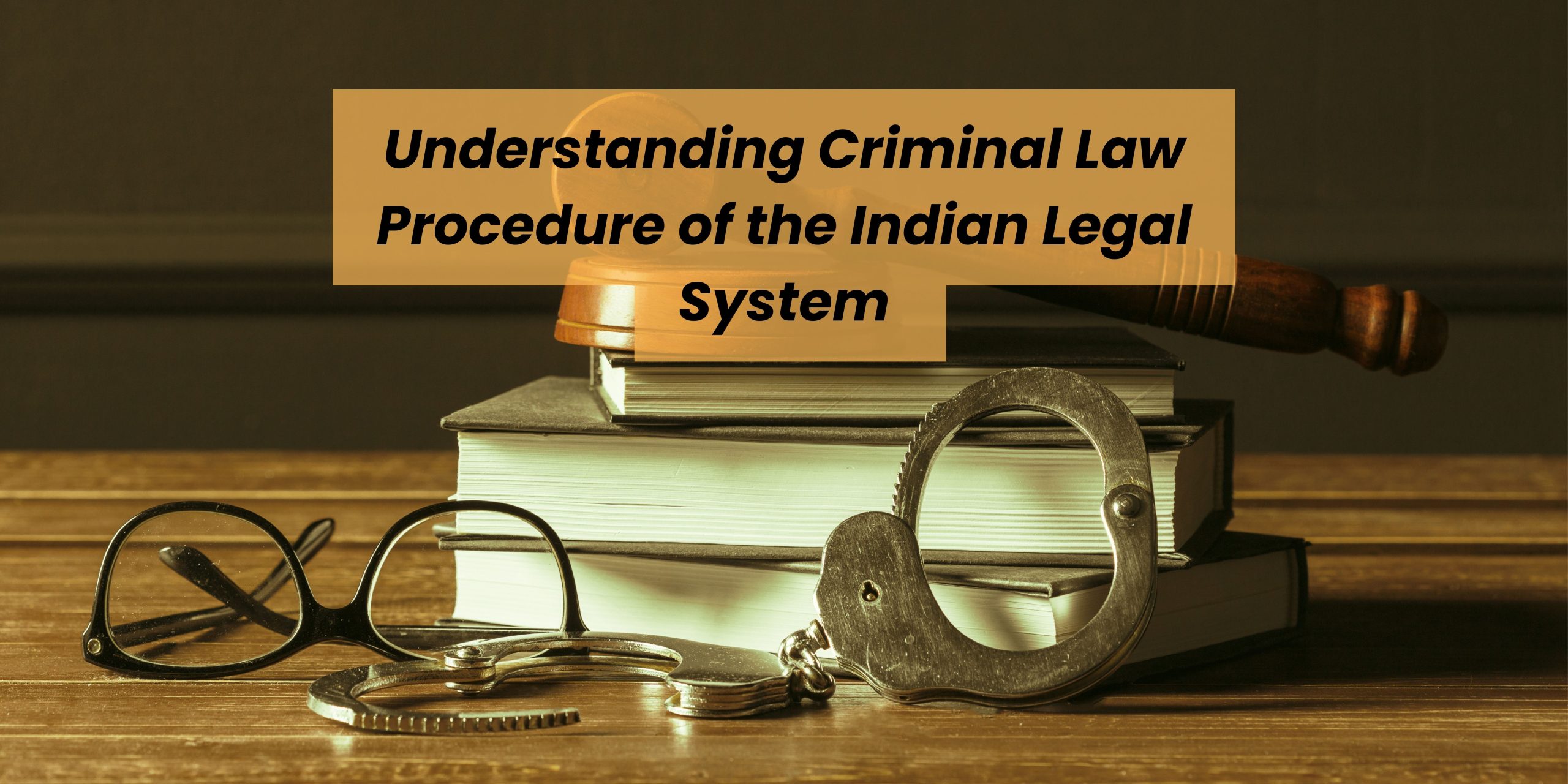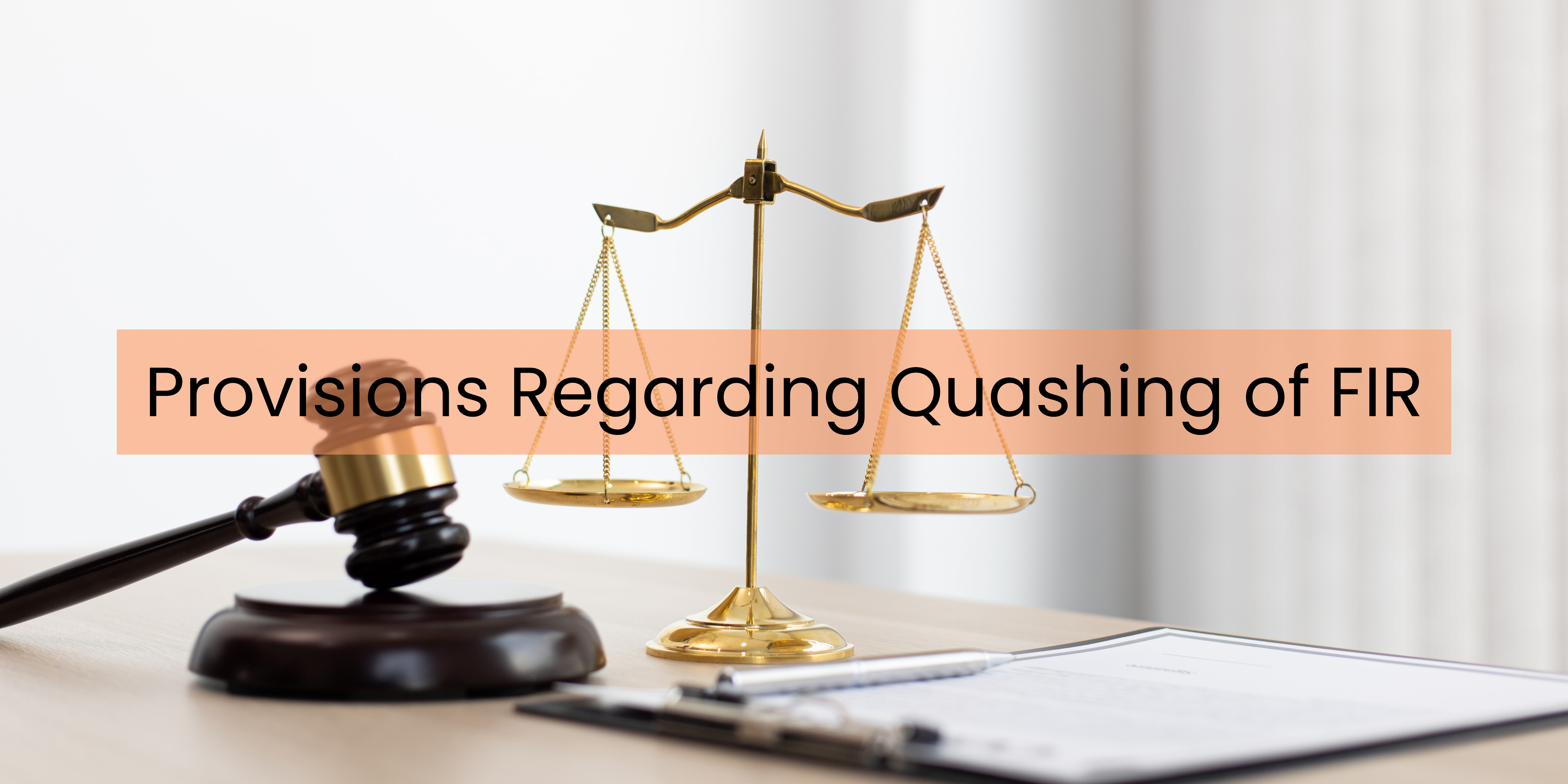Criminal law procedures are the systematic steps used by the legal system to handle criminal cases. These procedures are essential in ensuring fairness, protecting rights, and maintaining order in society. Understanding these steps is crucial for everyone involved in the legal process, from law enforcement officers to defendants and the general public. This article aims to provide a detailed insight into Criminal Law Procedures in India, explaining their meanings, significance, and their pivotal role within the legal framework.
Understanding Criminal Law and Procedures
Criminal Law: This branch of law deals with offenses committed against the state or society, comprising a wide range of crimes from theft and assault to more serious offenses like murder and fraud. Its primary objective is to maintain public order and safety, holding individuals accountable for their actions through a system of laws and punishments.
Criminal Law Procedures: These are the specific processes and steps followed by the criminal justice system to investigate, prosecute, and adjudicate criminal offenses. These procedures ensure that the accused are afforded their legal rights while providing a fair and orderly resolution to criminal cases.
Overview of Criminal Law Procedures
1. Investigation:
The process starts with the police collecting evidence, recording statements, and gathering information related to a suspected crime. The goal is to gather enough evidence to establish the facts and identify potential suspects.
2. FIR (First Information Report):
The FIR is a written document prepared by the police based on information received about the commission of a cognizable offense. It sets the criminal law process in motion and initiates an investigation.
3. Arrest and Bail:
If there is enough evidence or reasonable suspicion, the police can arrest the accused. After arrest, the accused must be produced before a magistrate within 24 hours. Bail may be granted based on the seriousness of the offense and other factors.
4. Charge Sheet (Charges Framed):
Once the investigation is complete, the police submit a charge sheet to the court, detailing the evidence and charges against the accused.
5. Court Proceedings:
The accused is informed of the charges and presented before the court. The court determines the plea and proceeds with trial stages, including pretrial motions, examination of witnesses, and legal arguments.
6. Trial and Verdict:
During the trial, evidence is presented, witnesses testify, and arguments are made by both sides. The judge or jury then delivers a verdict based on the evidence presented.
7. Sentencing:
If the accused is found guilty, the court proceeds to sentencing, considering various factors like the nature of the crime and the accused’s background.
Why do Criminal Law Procedures Matter?
1. Protection of Rights:
Criminal Law Procedures ensure that individuals accused of crimes are afforded fundamental rights, such as the right to legal representation, the presumption of innocence, and the right to a fair trial.
2. Fair and Just Process:
These procedures establish a structured and transparent process for investigating and adjudicating criminal cases, aiming to achieve fair and just outcomes.
3. Maintaining Order and Safety:
By holding individuals accountable for criminal actions, these procedures contribute to maintaining social order and ensuring the safety and well-being of the community.
4. Balancing Power:
Criminal Law Procedures serve as a mechanism to balance the power between the state and the individual, preventing arbitrary use of authority and ensuring accountability.
5. Presumption of Innocence:
The principle of ‘innocent until proven guilty’ is fundamental, and the burden of proving guilt lies with the prosecution.
6. Adherence to Legal Principles:
Criminal Law Procedures in India are based on legal principles, statutes, and precedents, ensuring adherence to the rule of law.
Conclusion
Criminal Law Procedures form the backbone of the legal system, guiding the investigation, prosecution, and resolution of criminal cases. They are designed to protect the rights of the accused, ensure a fair trial, and maintain societal order. Understanding these procedures is essential for upholding justice and preserving the integrity of the legal framework.


